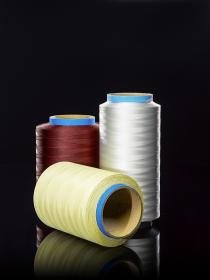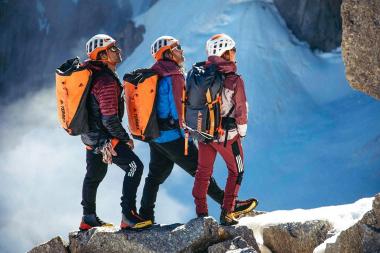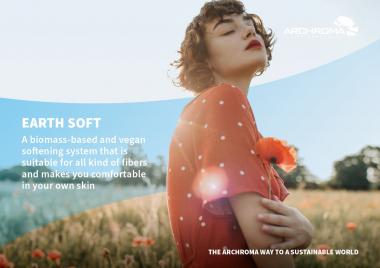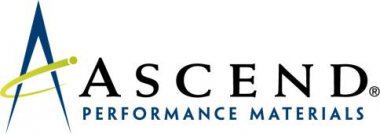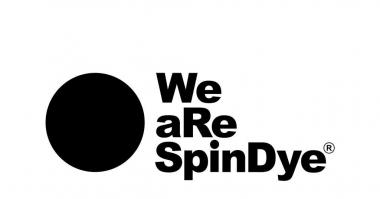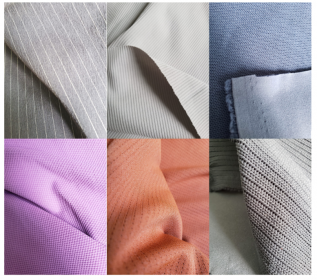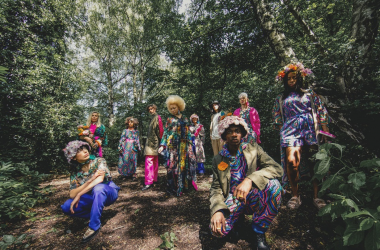adidas and Juventus collaborate with Brazilian street artist for a more inclusive world
adidas and Juventus reveal the club’s 4th kit, designed in collaboration with Brazilian street artist, Eduardo Kobra. Together, the partners look to extend the borders of the sport and build connections with the realm of art to celebrate a more diverse and inclusive world.
Kobra, born and raised in São Paulo, is famed for his photorealistic street art murals which often challenge deep cultural and societal issues, and inspire and provoke thought with messages hidden within the art.
Kobra’s artistic expression and the values of Juventus draw many parallels, from being born in the streets to working as a platform for socialization that brings people together – both contributing to society, culture, and the new generations.
With adidas’s focus on creativity, telling real stories about real people, and the belief that sport has the power to change lives, the collaboration carries a powerful and unified message that helps bring to life the most authentic side of football.
The jersey design is instantly recognisable as one of Kobra’s own, featuring his signature geometric style with the use of bright colours and bold lines, allowing the club’s diverse fanbase to express itself in a different way. The adidas and Juventus logos are embroidered into the fabric with the jersey finished by Kobra’s distinct signature as a back neck sign off.
“What we express and the way we do it speaks about who we are. We cannot be our best version if we don’t embrace diversity. Our differences are what makes us unique, which is why adidas and Juventus have been such perfect partners to work with on this special project. I hope it resonates with people as much as I enjoyed creating the artwork for it,” said Eduardo Kobra.
The new jersey is made with recycled materials, putting sustainability at the heart of the garment. It features the latest in adidas’ temperature regulation technology, AEROREADY – FEEL READY.
adidas AG








